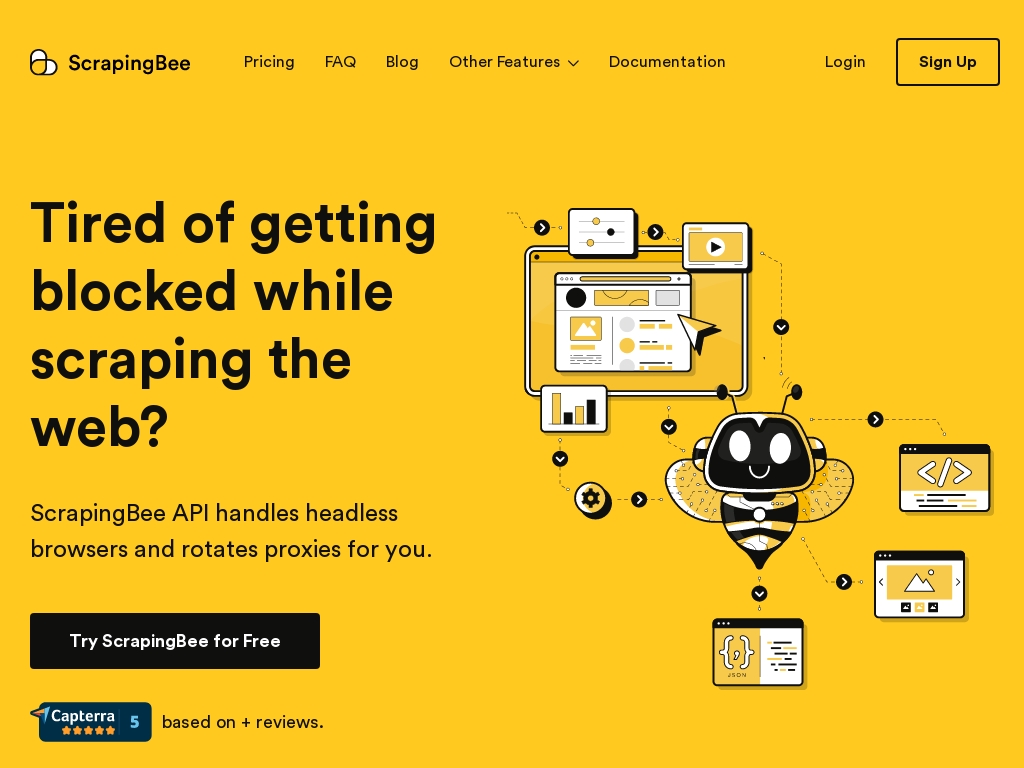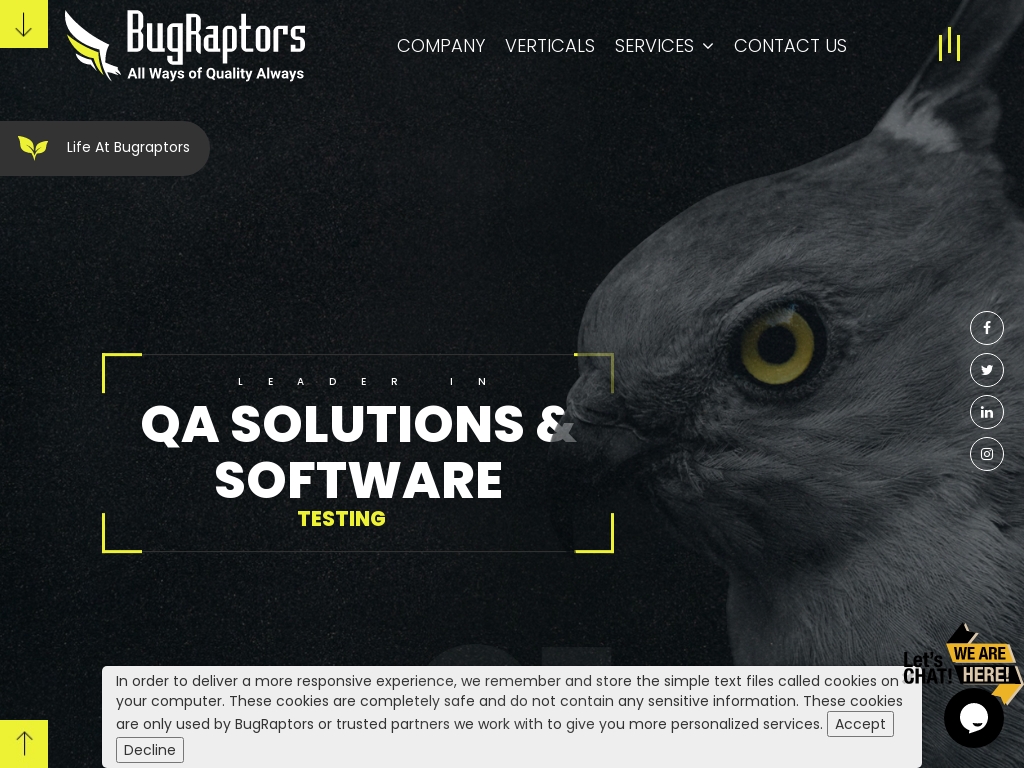
3 Software Testing Tool Success Stories [2024]
Software is the beating heart of today’s digital world, and it’s critical that it runs smoothly. That's where a software testing tool business comes into play. This idea involves developing and distributing tools that help other companies ensure their software is bug-free and reliable.
Imagine providing automated solutions to detect software glitches before they become costly problems. The tools would be indispensable for businesses looking to streamline their quality assurance process, saving time, money, and reputation.
Starting a software testing tool business requires a solid grasp of programming and software development standards. You’ll need to invest time in developing your tool, testing it rigorously, and marketing it to businesses that are striving to avoid software meltdowns.
With the increasing demand for high-quality, error-free software, a tool that simplifies and enhances the testing process has immense market potential. If you’re ready to combine technical skills with a business mindset, this venture could be both challenging and rewarding.
In this list, you'll find real-world software testing tool success stories and very profitable examples of starting a software testing tool that makes money.
1. Inflectra Corporation ($9.96M/year)
Adam Sandman, founder and CEO of Inflectra Corporation, came up with the idea for his business while working at Sapient. He and his colleague realized that there was a need for a more affordable and agile requirements and project management system in the software industry. This led Sandman to quit his job, code the first version of SpiraTest himself, and launch Inflectra.
How much money it makes: $9.96M/year
How much did it cost to start: $20K
How many people on the team: 50
Inflectra Corporation's Founder and CEO Adam Sandman shares how he went from being a stay-at-home dad to running a tech company with $10MM in ARR, offering insight on launching and marketing a tech product in the industry.
2. ScrapingBee ($1.5M/year)
Pierre de Wulf leveraged his experience as a data engineer and reused code from a failed startup to launch ScrapingBee in 2019, which now generates $1.5 million annually.
How much money it makes: $1.5M/year
How many people on the team: 2

This case study showcases how ScrapingBee, a web scraping API, was built on a shoestring budget using a mix of tools and outsourced services, achieving impressive growth through SEO content and targeted marketing strategies, with revenues averaging $125K/month, generating $1.5M/year since 2019.
3. BugRaptors ($720K/year)
Yashu Kapila, the CEO of BugRaptors, came up with the idea for the company after gaining extensive experience in the QA industry and recognizing the massive demand for quality software and testing services. With a team of 200+ certified testers, BugRaptors offers a range of QA solutions for various industries and has gained recognition and success globally, serving Fortune 500 brands and SMEs with reduced time to market and zero-defect leakage. They have established their geographical presence in India, the United States, the United Kingdom, and Australia, further expanding their operations and aligning with clients.
How much money it makes: $720K/year
How much did it cost to start: $20K
How many people on the team: 200

BugRaptors is a quality assurance brand with a team of over 200 ISTQB-certified testers, present in India, the United States, the United Kingdom, and Australia, serving over 10 industry verticals with their own proprietary test automation frameworks and tools, catering to various Fortune 500 brands and SMEs with 30-40% reduced time to market and the confidence of zero-defect leakage for their products or operations.

Download the report and join our email newsletter packed with business ideas and money-making opportunities, backed by real-life case studies.

Download the report and join our email newsletter packed with business ideas and money-making opportunities, backed by real-life case studies.

Download the report and join our email newsletter packed with business ideas and money-making opportunities, backed by real-life case studies.

Download the report and join our email newsletter packed with business ideas and money-making opportunities, backed by real-life case studies.

Download the report and join our email newsletter packed with business ideas and money-making opportunities, backed by real-life case studies.

Download the report and join our email newsletter packed with business ideas and money-making opportunities, backed by real-life case studies.

Download the report and join our email newsletter packed with business ideas and money-making opportunities, backed by real-life case studies.

Download the report and join our email newsletter packed with business ideas and money-making opportunities, backed by real-life case studies.






